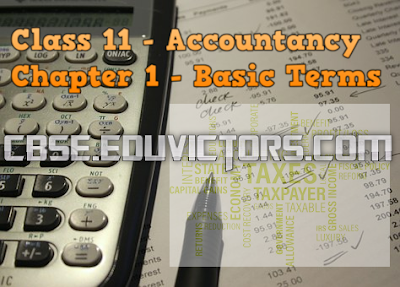Introduction to Book‐Keeping
(Chapter 2: Theory Base of Accounting)
Accounting can be defined as an information system that provides reports to users about the economic activities and condition of a business. In earlier times, the Barter system was followed. Goods were exchanged for goods. Gradually, the need was felt to have a common medium of exchange for goods and services and thus, the evolution of money took place. All the activities performed involved money. Business activities came into existence. It was very difficult for businessmen to remember each and every transaction of the business and therefore, recording all the transactions became necessary. As a result, accounting systems are designed to show the increases and decreases in each accounting equation element as a separate record. This record is called an account. This process of recording all the transactions in a systematic manner is known as Book‐Keeping.
What is Book-Keeping?
Book‐Keeping is a systematic manner of recording transactions related to business in the books of accounts. In Book‐Keeping, transactions are recorded in the order of the dates. An Accountant is a person who records the transactions in the books of the business and is expected to show the financial results of a business for every financial year. A financial year in India is followed from 1st April to 31st March.
According to J. R. Batliboi
"Book‐Keeping is an art of recording business dealings in a set of books."
According to R.N Carter:
"Book‐Keeping is an art of recording in the books of accounts, all those business transactions that result in transfer of money’s worth"







